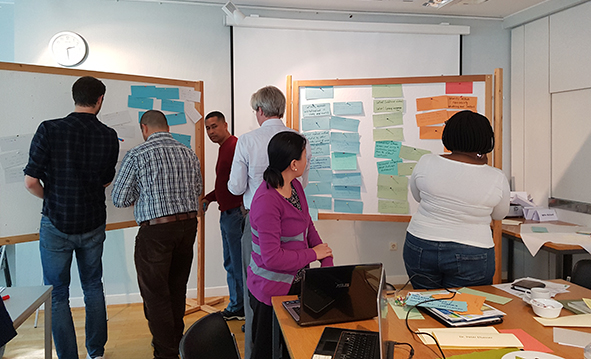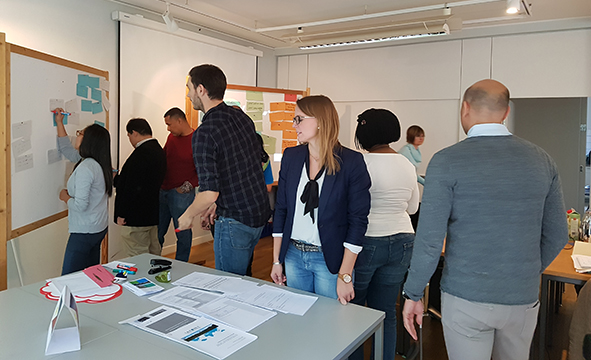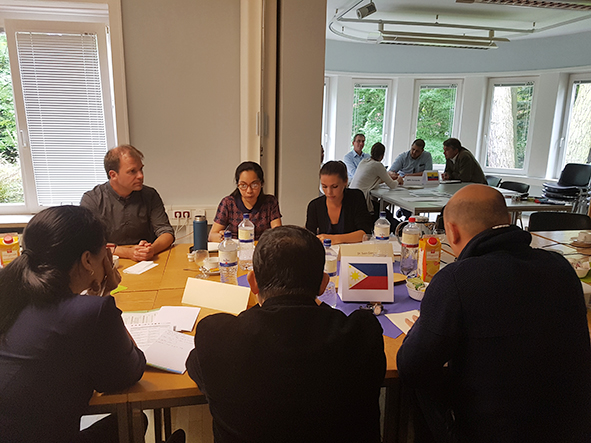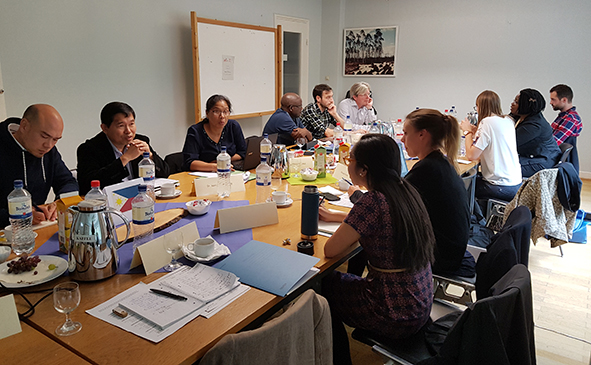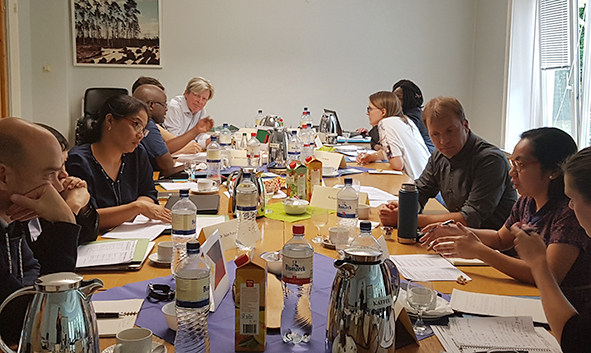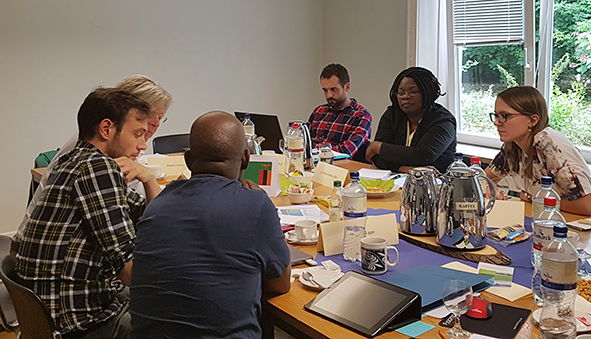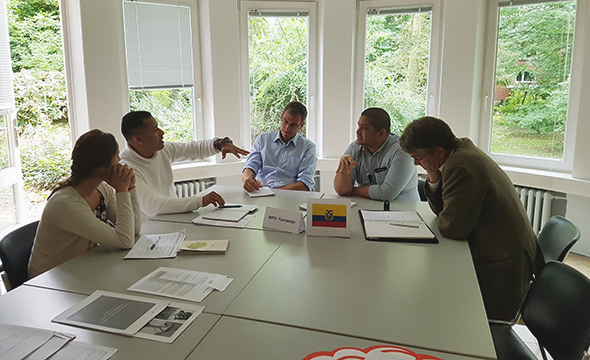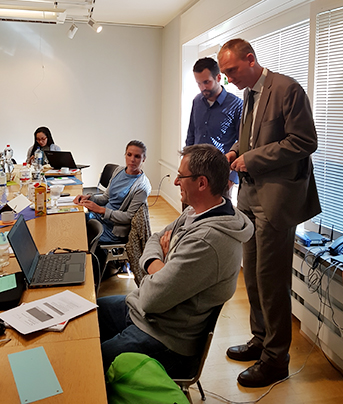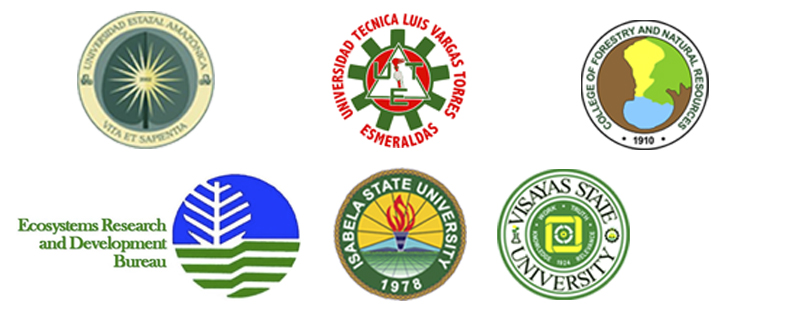14th and 15th September 2017
Internationaler LaForeT Project Workshop in Hamburg
International Workshop concerning sustainable forest management in tropical countries in the interdisciplinary LaForeT Project (Landscape Forestry in the Tropics).
Forest conservation and sustainable forest management are in the Tropics of high importance to halt deforestation and the continuous destruction of tropical forest landscapes.
One of the key issues in this context is the development of sustainable multifunctional forest management strategies in close cooperation with local partners of science.
For this purpose, the Thünen Institute for International Forestry and Forest Economics, working area Forestry Worldwide, hosted an international workshop as part of the project ‘Landscape Forestry in the Tropics’ (LaForeT) on 14th and 15th September 2017 in Hamburg-Bergedorf.
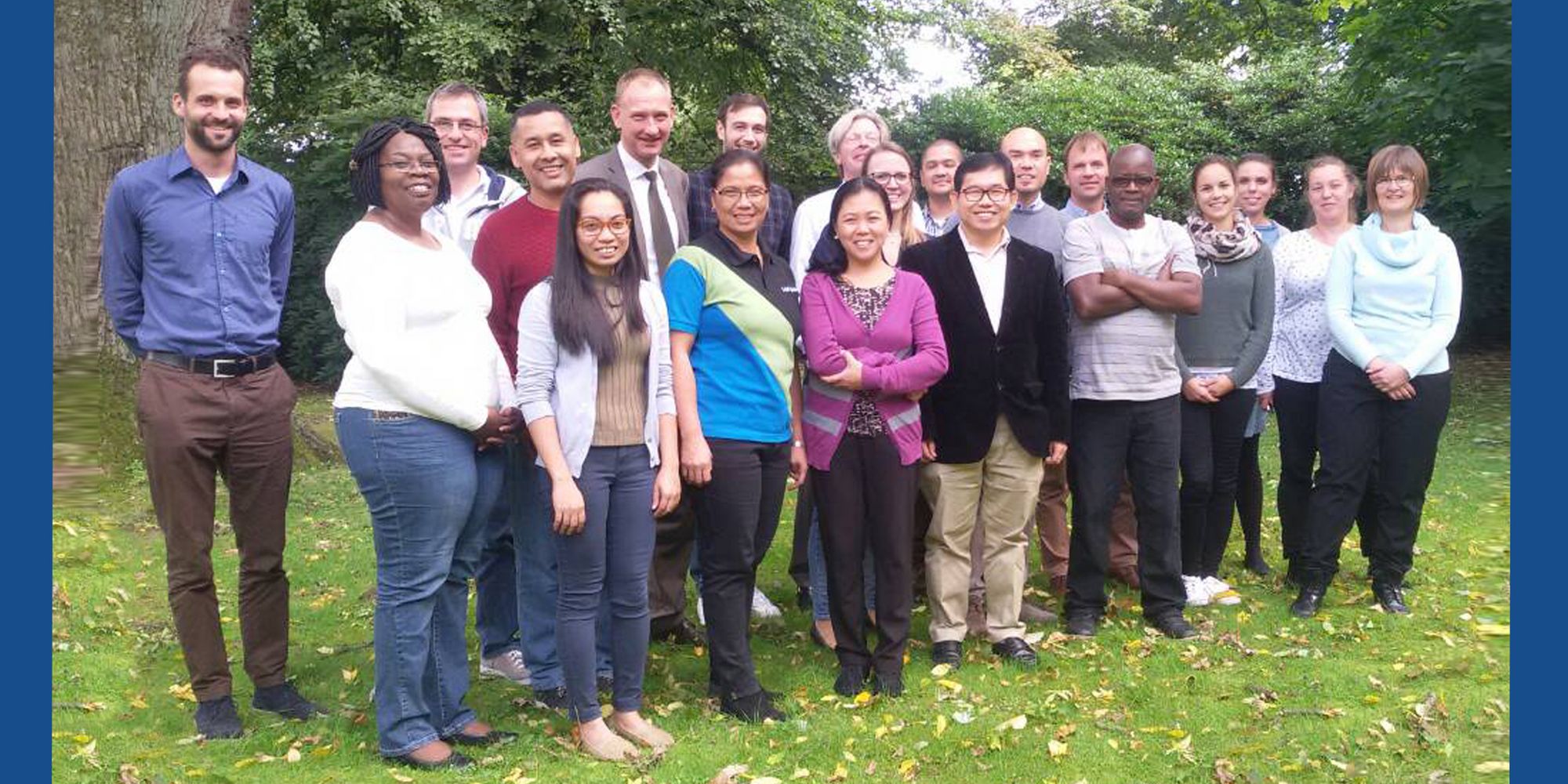
Workshop participants were composed by scientists of the Thünen Institute, representatives of the partner universities Visayas State University (VSU), Isabella State University (ISU), University of the Philippines Los Baños (UPLB) (all Philippines), Universidad Estatal Amazónica (UEA), Ecuador, the Centre for International Forestry Research (CIFOR), Zambia office and the Copperbelt University (CBU), Zambia as well as the Federal Institute for Agriculture and Nutrition (BLE) in Bonn.
During the two-day workshop, challenges and approaches how to successfully implement an interdisciplinary, transcontinental and pantropical project such as LaForeT context where discussed.
Additional workshop milestones were the presentation of the LaForeT online data base and the landscape modelling concept, both important components for common analyses and policy advice in in case of Ecuador, Philippines and Zambia.
Further steps of cooperation where discussed based on joint publications and different forms of knowledge transfer and policy advice.
The participation of the international workshop guests was financially supported by the Federal Institute for Agriculture and Nutrition (BLE) which is gratefully acknowledged.

